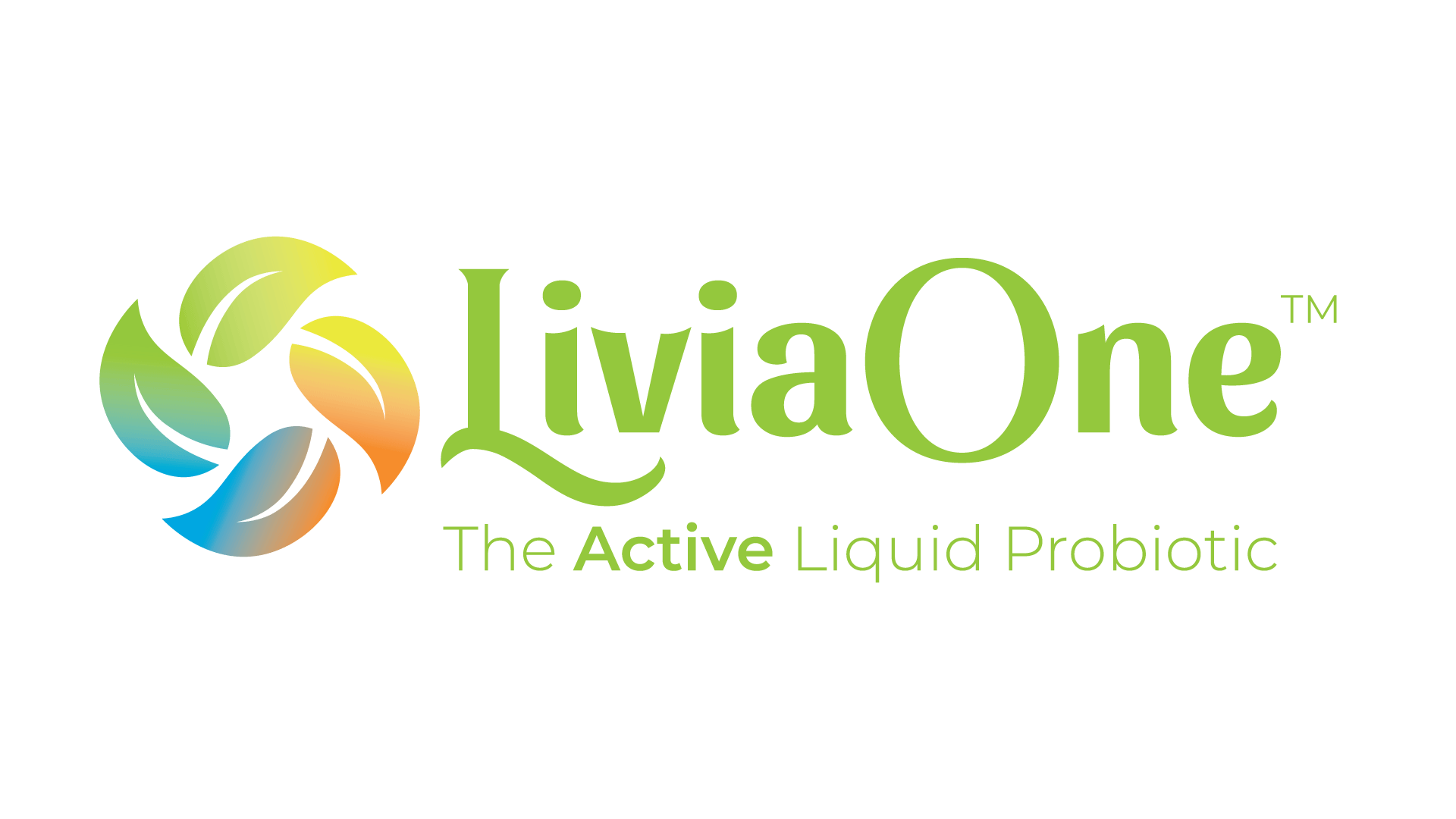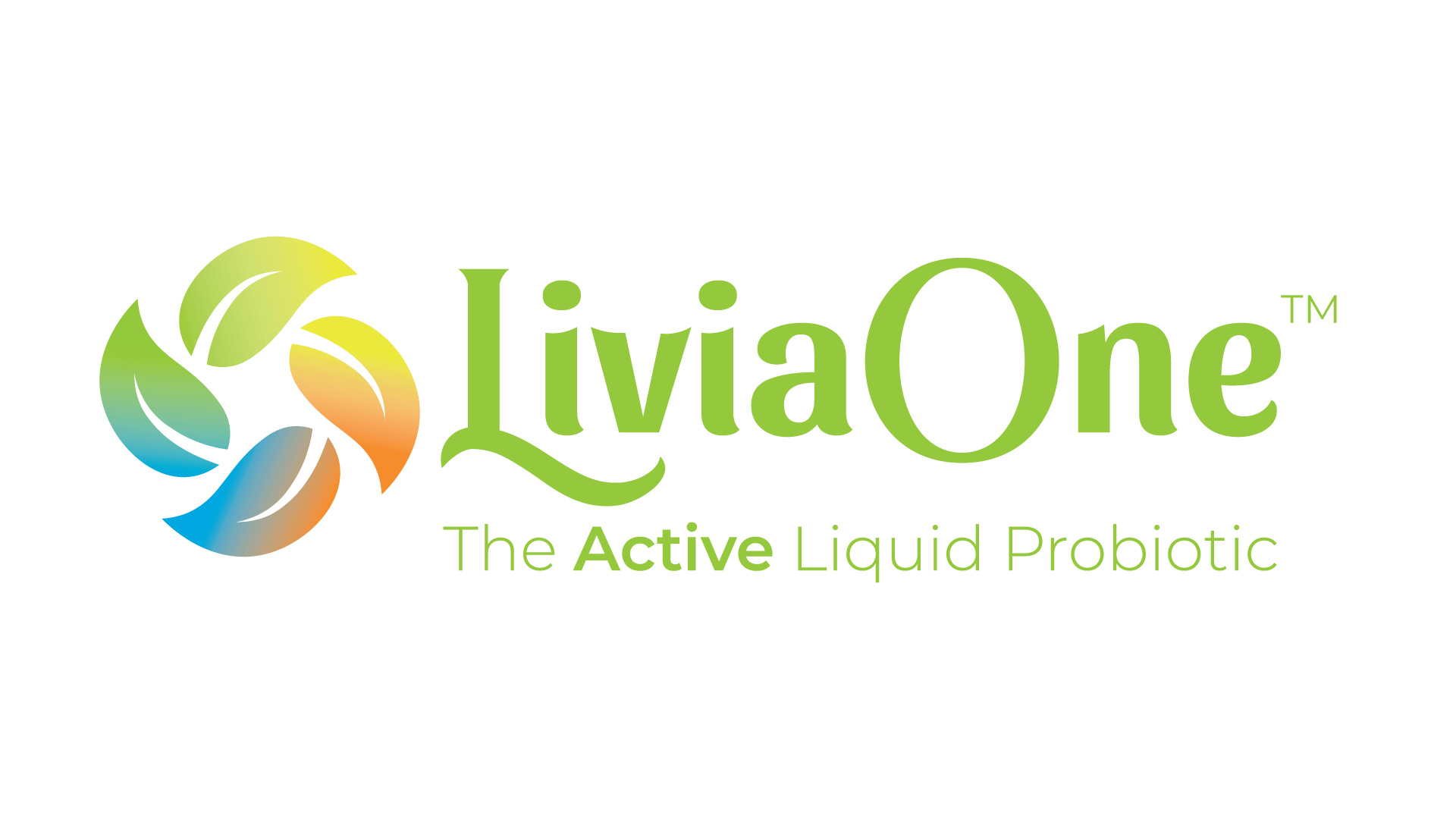What are the primary probiotics in my system?
Believe it or not your digestive tract is home to trillions of bacteria and over 500 different species of microflora. The two most prevalent probiotics are Lactobacilli, which makes up the majority of the probiotics living in your small intestine, and Bifidobacteria the most prevalent beneficial probiotic living in your large intestine. Bifidiobacteria are also the most prevalent probiotic living in a health colon. Most healthy people have 100 times more Bifidiobacteria than Lactobacilli.
Are probiotics safe?
Probiotics are bacteria, such as Lactobacillus Acidophilus which are similar to the bacteria normally found in the digestive tract. Some probiotics have been used for a very long time throughout history, these don't appear to cause illness. There is evidence that probiotics may help treat diarrhea, vaginal yeast infection, irritable bowel syndrome and inflammation following colon surgery. There is also data to support the benefits of probiotics in shortening the duration of intestinal infections and preventing eczema. Probiotics are considered to be "GRAS" or "generally accepted as safe".
How many strains are in LiviaOne™ Probiotics?
LiviaOne™Daily Probiotics has 12 different strains, including Lactobacillus Acidophilus, L. Rhamnous, L. Salivarius, L. Casei, L. Plantarum, Lactococcus Lactis, Streptococcus Thermophilus, Bifidobacterium Bifidum, B. Lactis, B. Infantis, B. Breve, B. Longum in an liquid enzyme-enriched substate. However the important point is how many are living and reach the intestinal tract after surviving through the stomach. Our Organic/Raw liquid probiotics are able to survive and pass through the stomach into the intestines where you are able to receive the beneficial results.
Do I really need to take a probiotic daily?
A March 2007 study from the "American Journal of Clinical Nutrition" found that critically ill patients who received a daily probiotic experienced an increase in immune response compared with patients who received a placebo.
A July 2009 study in "Pediatrics" found that healthy children who received a probiotic twice daily had less incidence of fever, coughing, runny nose, antibiotic prescriptions and fewer missed school days.
References:
- "American Journal of Clinical Nutrition" Effects of Probiotic Therapy in critically ill patients: A randomized double-blind, Placebo-controlled trial; Cathy Alberdo et al; March 2007
- "Pediatrics" Probiotic Effects on Cold and Influenza-Like Symptom Incidence and Duration in Children. Gregory Leyer, et al; August 2009
Why are probiotics important if I have been taking an antibiotic?
Antibiotics kill "good" (beneficial) bacteria as well as bacteria that cause illness. The decrease in beneficial bacteria can lead to digestive problems. Many doctors now recommend using probiotics after having been treated with antibiotics.
Do probiotics help with inflammation?
Probiotics and inflammation:
Research into the effects of probiotics is offering more insight into their ability to moderate immune response and aid in decreasing inflammation. The benefits of probiotics in the gut have been well documented, but recent research is showing that probiotic benefits may extend to the entire body. A recent study demonstrates the anti-inflammatory and pathogen protection benefits of Bifidobacterium infantis 35624 a probiotic bacterial strain of human origin. The report was published in Pathogens, a publication of the Public Library of Science (PLoS). The Arthritis Foundation also acknowledges research that revealed the anti-inflammatory properties of Bifidobacterium infants in reducing arthritis symptoms. "The American Journal of Clinical Nutrition" adds that probiotics can relieve intestinal inflammation and that probiotic bacteria have anti-inflammatory qualities, although qualitative differences do exist between different strains of probiotic bacteria.
References:
- "American Journal of Clinical Nutrition"; Probiotics: Effects on Immunity; Erika Isolauri, et al; February 2001
What is LiviaOne™Daily Probiotic spray?
LiviaOne™Daily Probiotics spray is a topical application that is highly effective against skin infections including ringworm, staff, acne, cold sores, fever blisters, cuts, scraps, and even MRSA and staph-like infections. The results of the topical application can simply be called amazing! You just have to try the product and see for yourself, no further explanation needed.
How are probiotics good for diabetics?
Probiotics and Diabetes:
Probiotics have important applications for both type 1 and type 2 diabetes. Researchers at the University of Florida reported in May 2011 in "Future Medicine" that probiotics can prevent or delay the onset of type 1 diabetes. The University of Florida is marketing applications to license a novel approach to combat the disease using isolates of Lactobacillus as a food additive. The University claims the approach modifies gut microbiota, decreases oxidative stress and inflammation and reduces intestinal leakage.
The gut flora in type 2 diabetics may be different from people without diabetes. A report published online in February 2010 by "PLoS One" suggests there is a link between metabolic diseases and the composition of bacterial populations in the intestines. They suggest that gut bacteria should be factored into strategies to control diabetes.
References:
- "Future Medicine" Microbiology of type 1 diabetes. Possible implications for management of the disease; Adriana Giongo et al; May 2011
- "PLoS One" ; Gut microbiota in human adults with type 2 diabetes differs from non-diabetic adults; Nadja Larsen et al; Feb. 2010
Are probiotics approved by the FDA?
No, the FDA doesn't regulate probiotics. Probiotics are considered to be "GRAS" or "generally accepted as safe". This classification is given to products that are composed of ingredients that are natural or have been safely used for many years. LiviaOne Daily Probiotics are organic and are in the certification process with the USDA.
*These statements have not been evaluated by the Food and Drug Administration. This product is not intended to diagnose, treat, cure, or prevent any disease.

